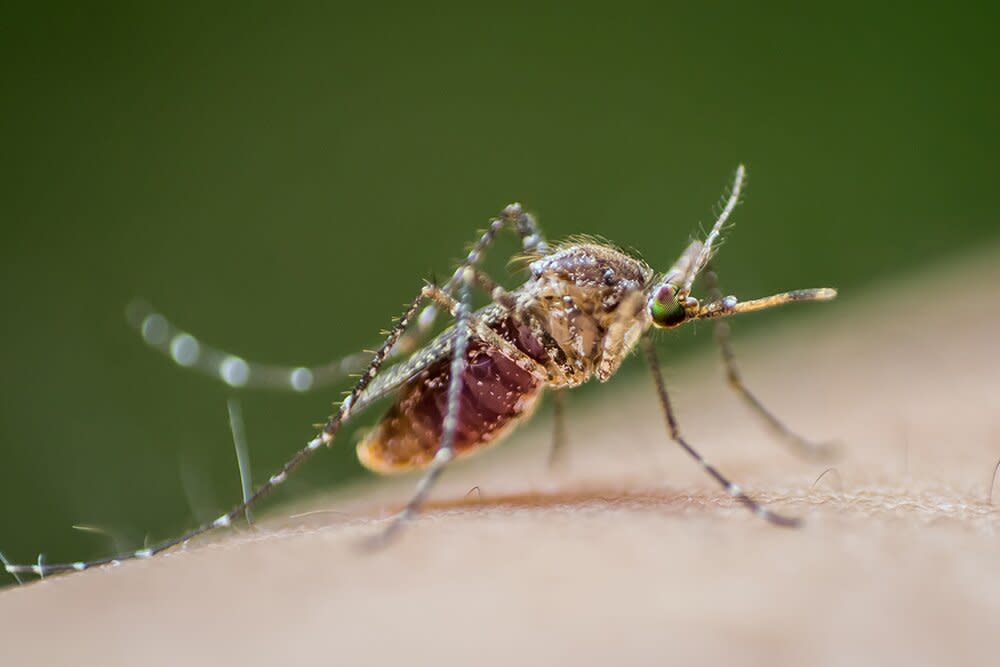The Zika Virus: Breaking Down the Latest Developments

Shutterstock
The Zika virus situation is rapidly changing and developing; it's hard to know what to believe, and if you should worry. So let's break it down.
Late last week, we reported the virus, which is spread through a mosquito bite and is mainly harmless to the general population, has been linked to babies born with smaller-than-average heads and brain damage in Brazil.
"This is a very unusual situation because it is a virus which causes very mild disease in other population groups, but if it infects a pregnant woman during her gestation, it can cause major damage to the unborn child," explains Dr. Arnold Monto, the Thomas Francis Jr. Collegiate Professor of Epidemiology at the University of Michigan.
So the CDC took the unusual step of cautioning pregnant women against travel to Brazil, as well as other Latin American and Caribbean counties where transmission is occurring, including Brazil, Colombia, El Salvador, French Guiana, Guatemala, Haiti, Honduras, Martinique, Mexico, Panama, Paraguay, Suriname, Venezuela, and Puerto Rico.
At that point, a few Americans had been infected with the ZIka virus, but none of them were pregnant, and all had traveled overseas (where they likely contracted the virus). Then, early this week, we learned the first baby infected with the virus had been born in the United States, in Hawaii. This baby had the smaller head and brain damage exhibited by the roughly 3,900 affected babies in Brazil. The baby's mother most likely contracted the virus while traveling overseas.
But now, two more Zika cases in pregnant women who recently traveled out of the country have been confirmed in Illinois, prompting the CDC to issue more guidelines, namely that all doctors ask pregnant women about travel to places where transmission has been occurring. Pregnant women who have traveled overseas are also being urged to get tested if they exhibit two or more symptoms of infection within two weeks of returning home, such as a mild fever, joint pain, pink eye, or rash.
Frighteningly, experts believe it may only be a matter of time before mosquitoes in the U.S. become infected with Zika. According to the CDC, "With the recent outbreaks in the Pacific Islands and South America, the number of Zika cases among travelers visiting or returning to the United States will likely increase. These imported cases may result in local spread of the virus in some areas of the United States."
It's believed the Southern states would be most vulnerable given their warm climate, which makes an ideal breeding ground for mosquitoes.
At this time, there is no vaccine; developing one could take years according to Dr. Edward McCabe of the March of Dimes.
Here's what you can do to protect yourself from getting bitten:
Eliminate standing water where mosquitoes like to breed.
Apply liberal amounts of mosquito repellent.
Wear long shirts and pants.
Emily Toth Martin, an assistant professor of epidemiology at the U of M School of Public Health also offers this reminder: "It is important to remember that Zika virus is spread by mosquitoes, not by contact with an infected person."
We will keep you updated as the situation continues to evolve.
Melissa Willets is a writer/blogger and a mom. Follow her on Twitter (@Spitupnsuburbs), where she chronicles her love of exercising and drinking coffee, but never simultaneously.

